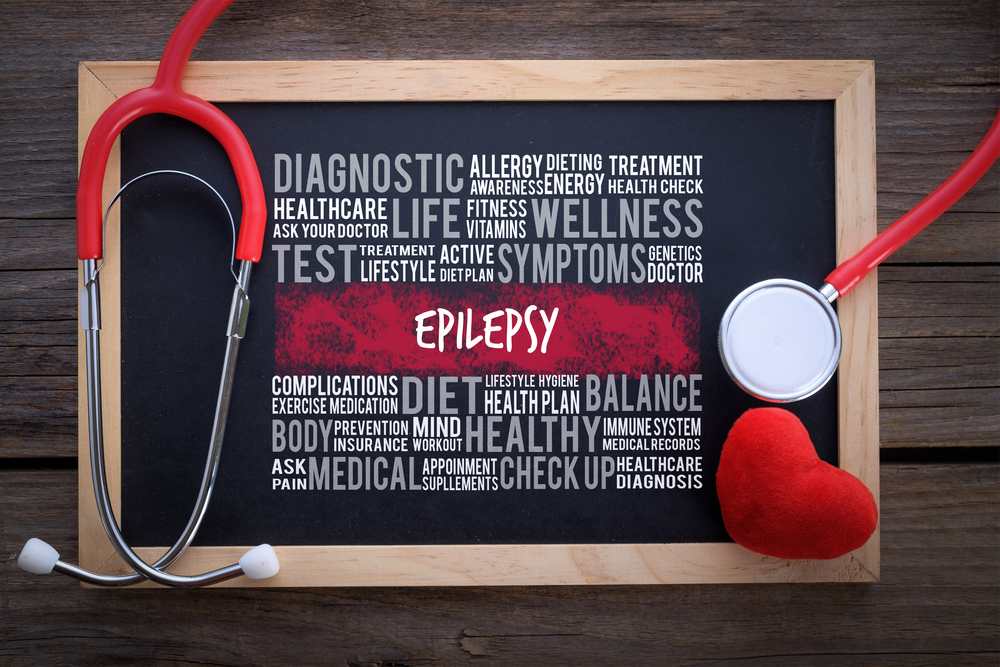Epilepsy: 5 Common Signs and Symptoms
Epilepsy is characterised by a neurological disorder that strikes at the central nervous system. During an epileptic episode, brain activity can become altered and a seizure can occur. An epileptic attack may be accompanied by abnormal behaviour, strange bodily sensations, and even a complete loss of alertness. Even though epilepsy is most associated with seizures, however having a single seizure does not necessarily qualify an epilepsy diagnosis.
The common five signs of symptoms of epilepsy include:

Seizures
Epilepsy affects normal brain activity and can trigger a seizure, which can, in turn, impact the way the brain operates and may be responsible for other epileptic symptoms. Often symptoms vary depending on the type of seizure (i.e., focal or generalised) and the severity of the seizure suffered.
Confusion
An epileptic seizure may be accompanied by a temporary loss of awareness of one’s body and one’s surroundings. This temporary confusion may be accompanied by listlessness or staring off into space.
Psychological symptoms
A seizure sufferer’s behaviour may seem abnormal following an epileptic episode. For instance, they may become anxious, fearful, or even claim to experience moments of deja vu.
Fainting
During and following an epileptic seizure, a patient may suffer a total or partial loss of consciousness and may seem unaware of what’s going on.
Twitching
When an individual suffers a seizure, the arms and legs may twitch uncontrollably. These may be jerking motions of the arms and legs are due to abnormal brain function.



